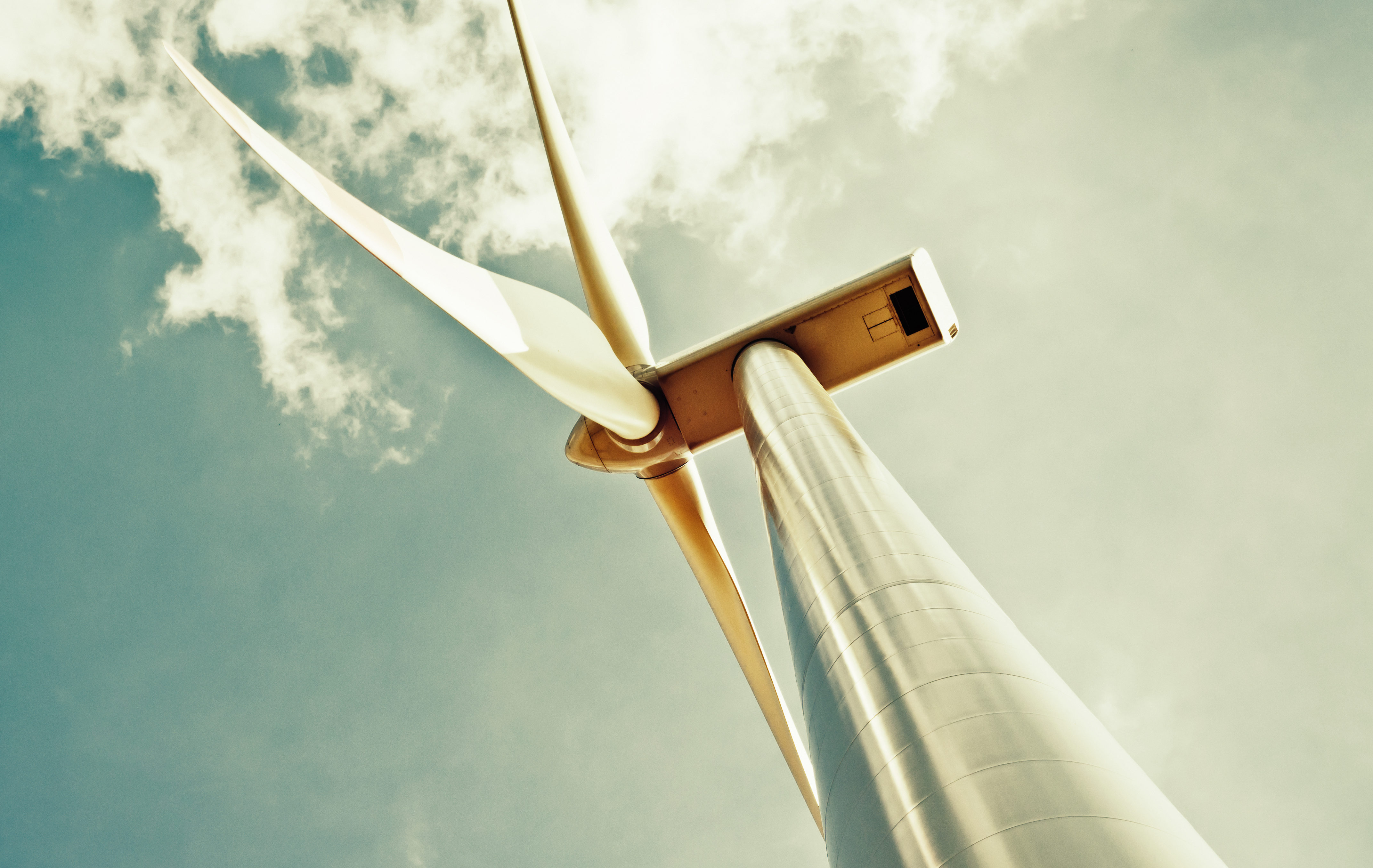A High Wire Act: The Trump Administration and Section 232
Has Section 232 Become a Circus?
The current administration’s use of Section 232 to impose trade-restrictive measures on imports of steel and aluminum has become the source of increasing domestic discontent among steel-using industries, farmers who are the target of retaliatory tariffs, and Members of Congress who are reconsidering having delegated powers over trade to the President. It has also put WTO dispute settlement to an unwelcome test.
For Its Next Act
Over the next three months, the Commerce Department is expected to issue separate reports recommending whether to restrict automobiles and auto parts as well as uranium imports for national security reasons.
Section 232 of the Trade Expansion Act of 1962 authorizes the President to impose a trade-restrictive measure if the Commerce Department determines that the product in question is being imported in “such quantities or under such circumstances as to threaten to impair the national security.”
Commerce investigators consider the needs of the defense and essential civilian sectors as a primary concern, but can also take into account such factors as whether imports are causing employment displacement, whether the industry is losing specialized skills and productive capacity, and the economic impact of foreign competition on domestic providers.
The Steel Sideshow
U.S. trading partners claim the Trump administration is simply using the guise of national security to achieve commercial protection. If history provides any indication, it’s true that this administration’s use of Section 232 is a significant departure from how this Cold War-era legislation has been used over the last 60 years.
Between 1962 and 2001, petitions from industry or investigations self-initiated by government, were infrequent. Until now, measures taken by the President in the name of national security were almost exclusively limited to oil embargoes against Iran and Libya. The metal industry routinely petitioned for protections but was routinely denied.
Almost half – 11 out of the first 26 investigations – were related to metals. All but one case resulted in a negative finding, meaning the investigators found no threat to national security.
The one positive finding (only tangentially related to metals) was in 1983 in favor of metal-cutting and metal forming machine tool manufacturers who had lost a majority of their market share to foreign competitors. In that case the administration negotiated voluntary export restraints (VERs) with leading foreign suppliers rather than impose tariffs (VERs were not yet prohibited in the WTO).
Aside from machine tools, the only instances where the administration made a positive finding that imports threatened national security were in the cases of imported petroleum and oil.
Between 1973 and 1999, the administration made a positive finding in all eight cases involving petroleum and oil. Except for the two occasions when the United States imposed embargoes against Iran and Libya, the President took no signification action to block or raise the price of imported petroleum and oil (a short-lived import licensing fee was imposed and then zeroed).
WTO Dispute Settlement Body as Ringmaster?
On March 8, 2018, following recommendations by the Commerce Department, President Trump imposed 25 percent tariffs on steel imports and 10 percent tariffs on aluminum imports. The European Union, Mexico, Canada, Norway, Switzerland, Turkey, Russia, India and China have all brought complaints in the WTO that the United States has violated its WTO obligations in doing so.
The United States has invoked Article 21 of the General Agreement on Tariffs and Trade (GATT) in its defense, which allows a WTO member to take measures “it [the Member] considers necessary for the protection of its essential security interests.”
Article 21 also enumerates three instances where such measures may be necessary: 1) relating to fissionable materials, 2) relating to traffic in arms, ammunitions, and implements of war, or 3) taken in time of war or other emergency in international relations.
At issue is whether a WTO dispute settlement panel has the authority to decide whether a WTO member has made proper use of the national security exception. Some members believe that national security is self-judging. Others take the position that a member invoking Article 21 should at least provide the reasons why. In a narrow interpretation of Article 21, some say the exception can only be used in the three situations enumerated.
The Contortionist
The numerous complaints against the U.S. metal tariffs have shone a spotlight on this sensitive issue, but there are several other complaints currently in the WTO that center on a member’s use of the national security exception. Venezuela has filed a WTO complaint over U.S. economic sanctions. Saudi Arabia, the United Arab Emirates, Bahrain and Egypt have invoked national security for their trade blockade against Qatar. Ukraine has complained about Russia’s transit restrictions that block its access to markets in Central Asia. Russia is also defending its counter sanctions against the EU, Norway, United States, Australia and Canada by invoking Article 21.
Although Russia has brought a complaint against U.S. steel tariffs, and the United States has defended Ukraine against Russia in their territorial conflict over Crimea, the United States recently sided with Russia’s position in the WTO that the provisions of Article 21 are self-judging and agreed with Russia that a member’s use of Article 21 may not be reviewed by a WTO dispute settlement panel.
Final Act?
In the relatively few instances where a GATT or WTO member has had to defend a measure challenged by another party by invoking national security, the disputes were addressed by other diplomatic means. As such, the provision has yet to be interpreted by a WTO dispute settlement panel.
There’s more to come. The Trump administration might withdraw the tariffs before it has to defend itself at the WTO. Congress may pass legislation requiring that a trade-restrictive measure be approved by Congress or at least subject to disapproval.
As part of the administration’s high wire act, it is simultaneously blocking the appointment of new members to the WTO appellate body. Even if the United States does not prevail in an initial WTO panel report on its steel tariffs, it could exercise its right to appeal. But the appellate body may soon be down to too few members to issue any rulings, which means a panel report would not be adopted. The final act in this Section 232 circus has yet to be seen.
Andrea Durkin is the Editor-in-Chief of TradeVistas and Founder of Sparkplug, LLC. Ms. Durkin previously served as a U.S. Government trade negotiator and has proudly taught international trade policy and negotiations for the last fifteen years as an Adjunct Professor at Georgetown University’s Master of Science in Foreign Service program.









